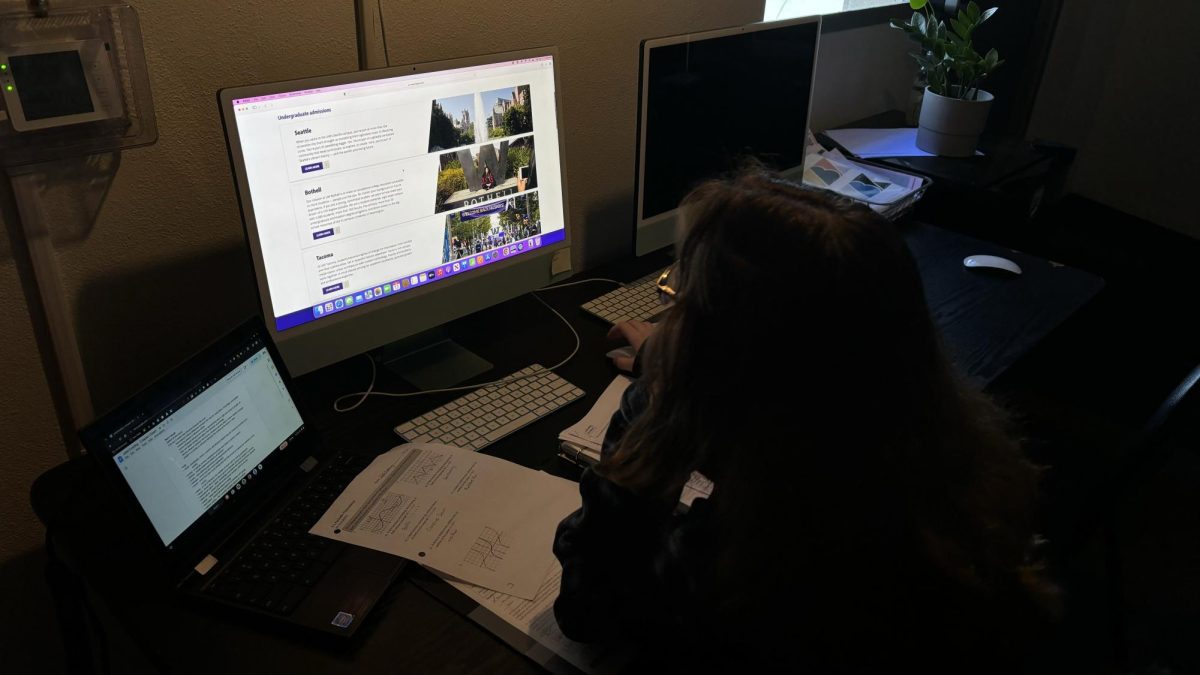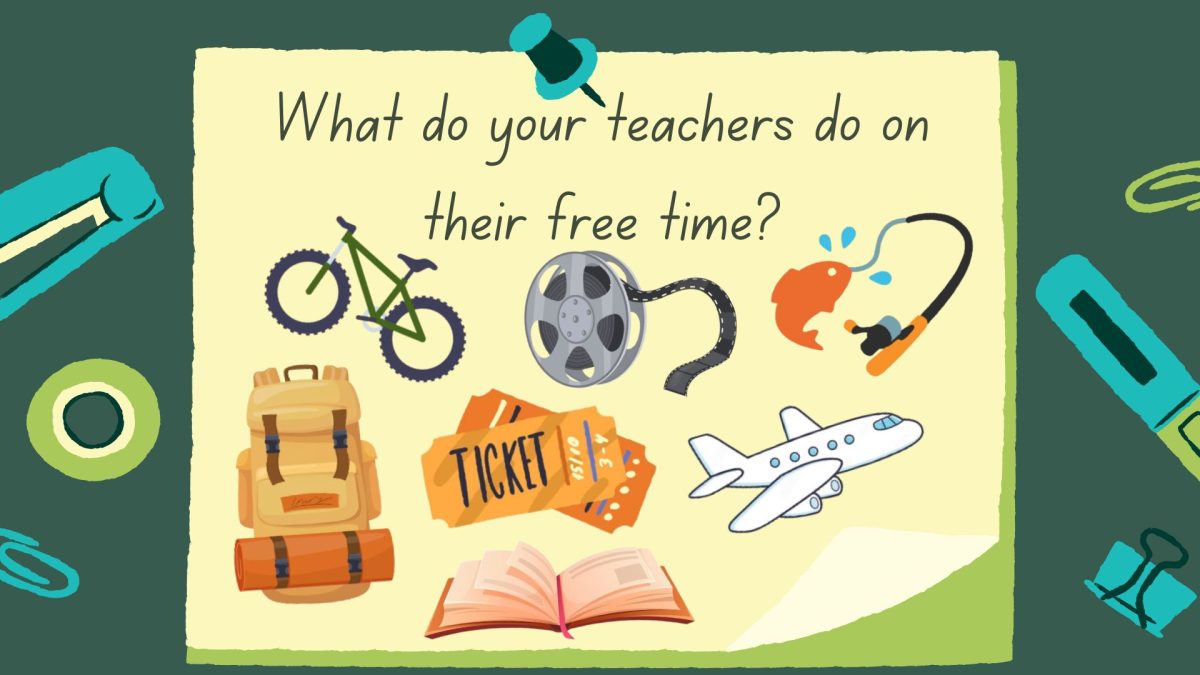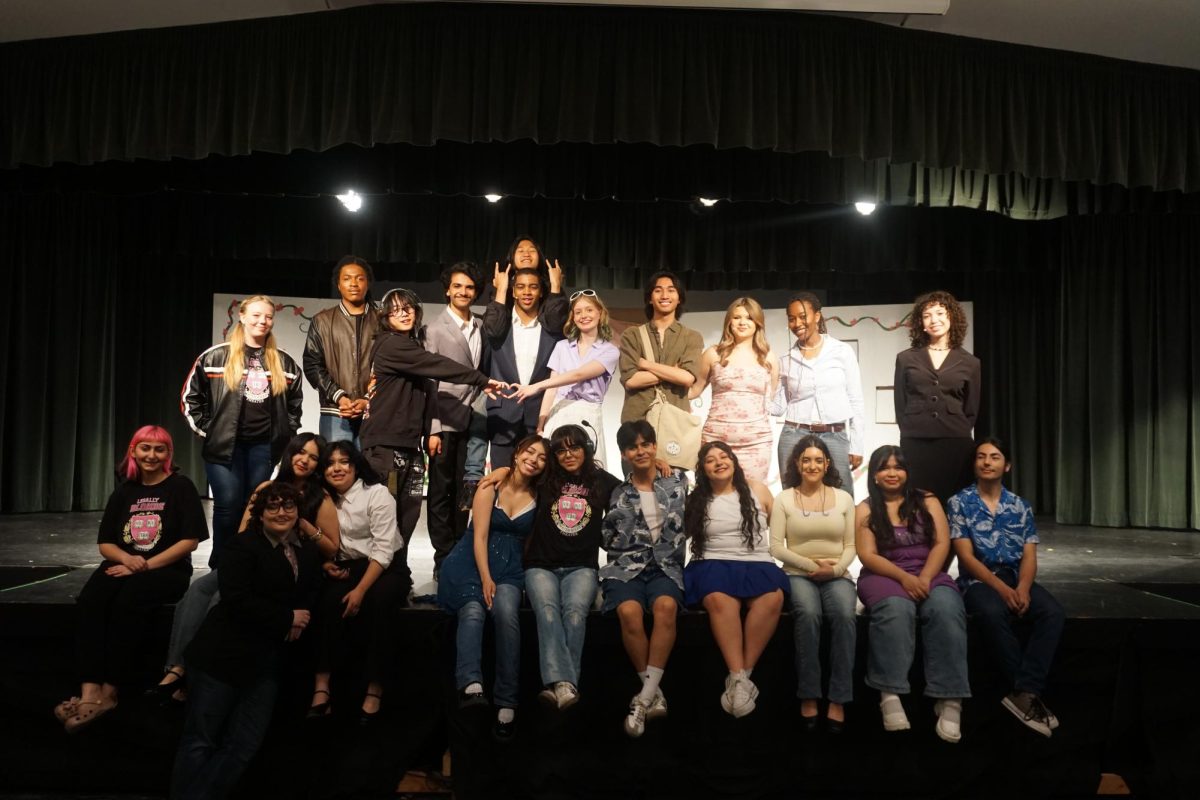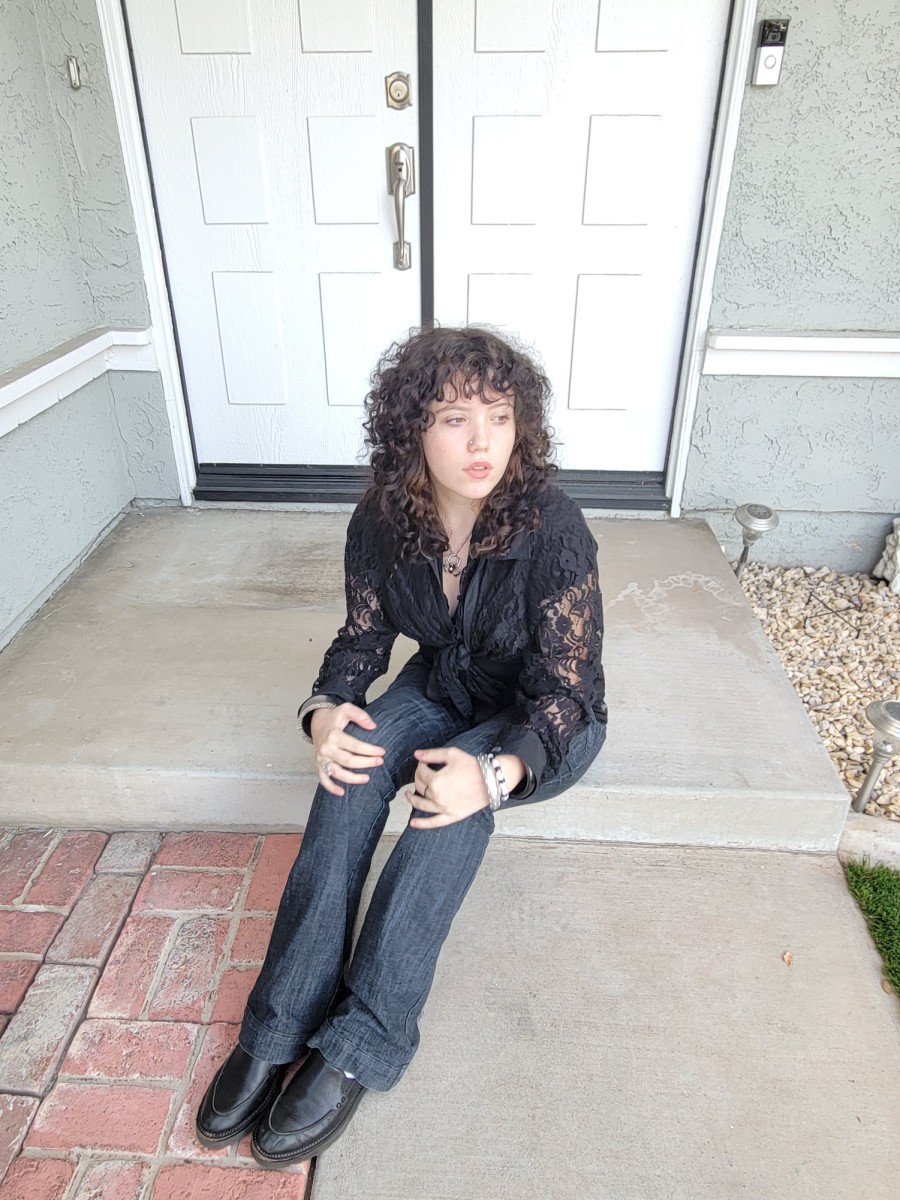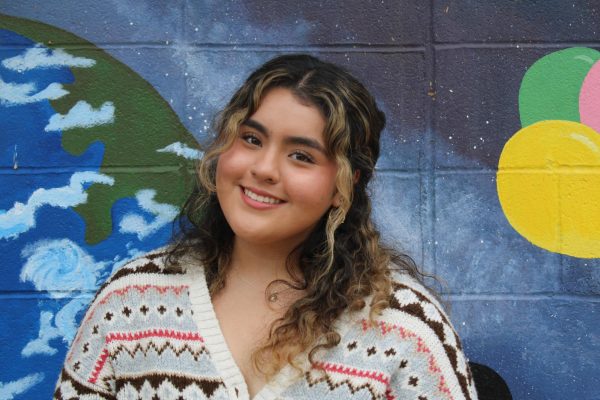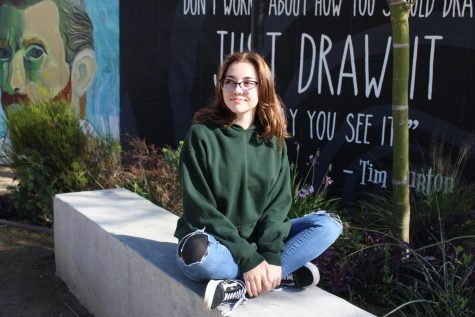Every year, high school seniors scramble to complete college applications on time. Between October to January, this process has led to high levels of stress and anxiety for students, counselors, and even teachers.
The application process has deadlines and costs money. How do students prepare, and who do they go to for guidance? Counselors, teachers, and students were asked to reflect on the college application process.
Counselor’s Perspective
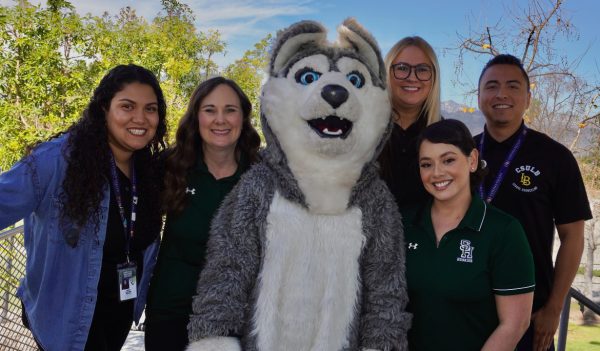
At the near end of the school year, counselors start introducing the college application process to juniors. The counselors emphasize the importance of getting college applications done on time and show students how to apply.
“By the end of spring semester of junior year, we’re talking more specifically about making a list of colleges they want to go to and apply to, then later going over the actual part of ‘here’s how to apply to the colleges’ by the end of August and September,” counselor Shawna Hansen said.
Counselors also host and prepare different college application workshops.
“We offer different workshops for students to come to us to answer any question, but there are also students that we actively seek out… some students will come to the 632 classroom and seek out help from us,” Hansen said.
The college application season is also stressful for many counselors.
“It is really stressful because we do feel a lot of pressure due to the senior class being 431 students. We have different roles as counselors, social and emotional roles that take up a lot of our time; the academic role for the 9th, 10th, and 11th graders; and each counselor has 120 seniors who are all at different academic levels,” counselor Danielle Alexander said.
With so many students each counselor has, it becomes hard for them to really offer the help seniors need to get through college applications.
“I wish we had more time in the 9th and 10th-grade years to help students understand college and what that means to them. Yes, we talk A-G requirements, but we don’t have a lot of time to do classroom presentations or actually sit there with students [and talk to them about] what is USC, how is it different from UCLA, what are the requirements, what are the deadlines, and what do the majors translate to careers. I think it would be really cool to do more of that, but we just don’t have enough time in our day or people to do that,” Hansen said.
Teacher’s Perspective
Since many counselors still have many more students to help through high school, they aren’t always available to help. Therefore, some teachers have decided to step in and try to help guide students.
IB English teacher, Rene Romero, expressed how he tries to help.
“Other than sharing do’s and don’ts, I offer to read any PIQs [personal insight questions] and essays and provide feedback as long as the students give me some time to look over them. I probably had about 20 students share their essays with me,” Romero said.
Psychology teacher, Michael Shields stated that he offers “lunchtime tutorials which include powerpoints about the Cal State and UC differences.”
Student’s Perspective
Although counselors and teachers try their best to help students in any way they can, there is still so much stress on students. Many students expressed that they still felt lost even with all the help they received.
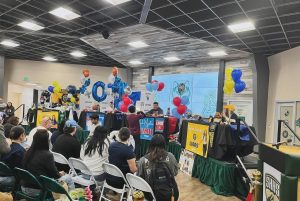
“I didn’t really prepare because I kind of didn’t know. I feel like I kind of just did it, and I did it on my own, and that was really it,” Aundria Torres (12) said.
Senior Sarah Garcia also mentioned that the stress and workload she had for college applications was nothing like she was expecting.
“I was a little prepared for college applications but was not expecting how much work is put into it because it was very time consuming and having to write five essays, each 250-350 words, nothing more or less, was stressful. I have never experienced so much stress until applying for college,” Garcia said.
When feeling lost, some students at South Hills have shared that they turned to outside resources, such as private college counselors. ASB President Annalise Mora (12), stated that she had made the best decision when she turned to a private college counselor for help. Private college counselors are people who spend time with seniors one-on-one in order to help them with their PIQs and personal essays. They also guide students step by step into completing their applications. According to an LA Times article, students whose families can afford it may hire private college counselors who charge anywhere between $850 to $10,000 to help their chances of getting into top schools.
“I would say it was the best decision I’ve ever made because the college counselor I had, helped me go through the process of the applications, and she basically went through everything,” Mora said.
Although college applications can still feel daunting to many students despite the availability of many resources, Hansen believes that counselors should not be the only resource students rely on.
“We typically direct students, but the main source of information is that college’s website. At the end of the day we [high school counselors] know a lot but we are not masters of all colleges and things change that we are not privy to. Students need to do their own research. We are more than happy to help and be one of their resources but we shouldn’t be the only resource,” Hansen said.

